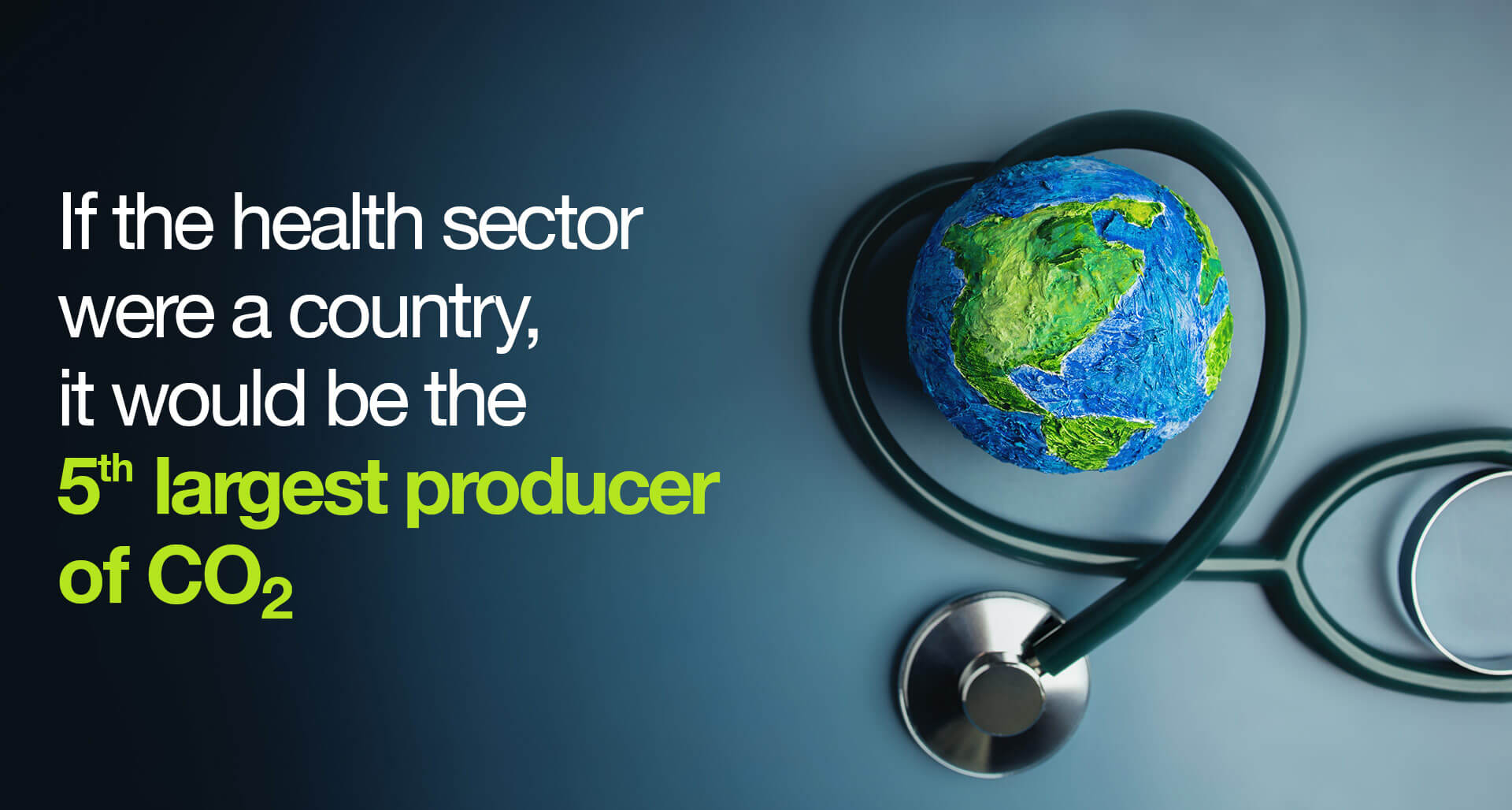A natural consequence of the COVID-19 pandemic has been that the focus of attention has turned to the health sector, which has been more prominent than ever in recent times. The relevance of SDG 3 on health and wellbeing, which we will discuss in depth below, means that the health sector is in a time of vigilance, but also of opportunities linked to digitalisation, innovation and new technologies.
In short, in this post we want to delve into the relationship between the SDGs and the health sector, learning first-hand what they are and to what extent they influence the current and future health sector landscape.
What are the SDGs?
The 17 Sustainable Development Goals (SDGs), also known as the Global Goals, were adopted by the United Nations in 2015 as a universal call to end poverty, protect the planet and ensure that by 2030 (Agenda 2030) all people enjoy peace and prosperity.
What are the goals of the SDGs?
They aim to achieve a sustainable future for all of society. The 17 goals and their 169 targets are interlinked, incorporating the global challenges we face every day, such as ending poverty, hunger and inequality, as well as promoting education, a sustainable economy in sustainable human environments, with maximum care for the environment, health and well-being.

Is there a specific SDG for health?
Yes, it is SDG.3: Health and well-being.
What are its targets?
Some of the challenges posed by the SDG3, specifically linked to health, and with a view to 2030, are:
- Reduce the global maternal mortality ratio to less than 70 per 100,000 live births.
- End preventable newborn and under-five deaths, with all countries aiming to reduce neonatal mortality to at least 12 per 1,000 live births and under-five mortality to at least 25 per 1,000 live births.
- Reduce premature mortality from non-communicable diseases by one third through prevention and treatment and promote mental health and well-being.
- Achieve universal health coverage, including financial risk protection, access to quality essential health services and access to safe, effective, affordable and quality medicines and vaccines for all.
- Substantially reduce the number of deaths and illnesses from hazardous chemicals and air, water and soil pollution.
“SDG.3 aims to ensure healthy lives and promote well-being for all at all ages.”

How does the 2030 Agenda on the SDGs adopted by the UN affect the management of health facilities?
From a health management perspective, SDG3 aims to ensure healthy lives and promote well-being for all at all ages. Therefore, the healthcare sector has the responsibility to contribute to its fulfilment by focusing on public health measures, economic investment in health, healthcare and environmental actions, for which it must support the figure of the hospital engineer, provide more and better hospital equipment and human resources to the centres, renew hospital systems and elements, focus on electrical improvement and safety for better energy efficiency, etc.
Half of the companies already choose the path of sustainability
According to a recent report published by the UN Global Compact Spain, 49% of Spanish companies are carrying out some kind of innovation with a focus on sustainability and SDGs. The implementation of circular economy models, the fight against climate change and social inclusion are some of the issues that Spanish companies are taking into account when launching their innovation projects and which, in turn, represent progress in terms of sustainability.
In this sense, in order to be able to innovate and at the same time make progress in terms of sustainability, new technologies play a fundamental role. However, according to the Global Compact document, more than half of Spanish companies still do not have technologies that have a positive impact on sustainability and the SDGs.
As for the most used tools, the most important are real-time data collection (58%), software focused on sustainability (46%), ‘big data’ (37%) or the internet of things (37%), topics that, on the other hand, we have been talking about in ETKHO. You can check all of them here.

Private healthcare’s commitment to the SDGs
On the other hand, 83% of the private healthcare sector has objectives aligned with the Sustainable Development Goals (SDGs) of the United Nations, according to the report ‘Contribution of private healthcare to the SDGs and the sustainability of the system’, which is the culmination of a project that the IDIS Foundation started some time ago. In fact, 92% of companies are planning to “take concrete measures with some goals”, said the President of the Institute for the Development and Integration of Health (IDIS Foundation), Juan Abarca.
The survey carried out among the entities participating in the study shows that 100% of the companies are reporting or will start reporting on the SDGs. In fact, 61% of companies report on the SDGs through sustainability reports and 55% state that they measure and report their influence on some SDGs and indicators. In addition to the significant relevance of the 2030 agenda and the SDGs in terms of contributing to sustainability in its broadest sense, the report highlights the opportunity that the SDGs represent for companies in terms of reputation, engagement and investment.

Challenges, opportunities and how the health sector is addressing its commitment to the SDGs
In a recent meeting between IDIS and El Confidencial, which was attended by leading players in the health sector in Spain, it was stressed that we are living a historic moment of global transformation that requires the full involvement of the health sector.
Beyond aligning itself with SDG 3, the entire healthcare industry (hospitals, providers, healthcare personnel, pharmacies, etc.) must understand that, if this sector were a country, it would be the fifth largest producer of CO2, which obliges us all to reduce this carbon footprint in an obligatory manner.
Moreover, it is something that is resonating with the patient, who is demanding, recognising and valuing it. From air quality to the search for environmentally friendly institutions, looking at what each centre does to protect the environment, how they respect diversity and tackle inequalities. In other words, a hospital’s commitment to sustainability can make a difference, especially among private clinics, in the decision making process – thousands and thousands of patients choose one facility over another to give birth, have tests, include family, etc.
We believe in hospital sustainability
At ETKHO we have been working for more than 30 years to provide our experience in engineering solutions for hospitals, designing and manufacturing high quality technological products for IT electrical systems for critical units, as well as offering a wide range of consultancy and maintenance services.
With our help you can take a step further on your way to achieving the SDGs and your strategic sustainability plan. For more information and personalised advice, please do not hesitate to contact us.



